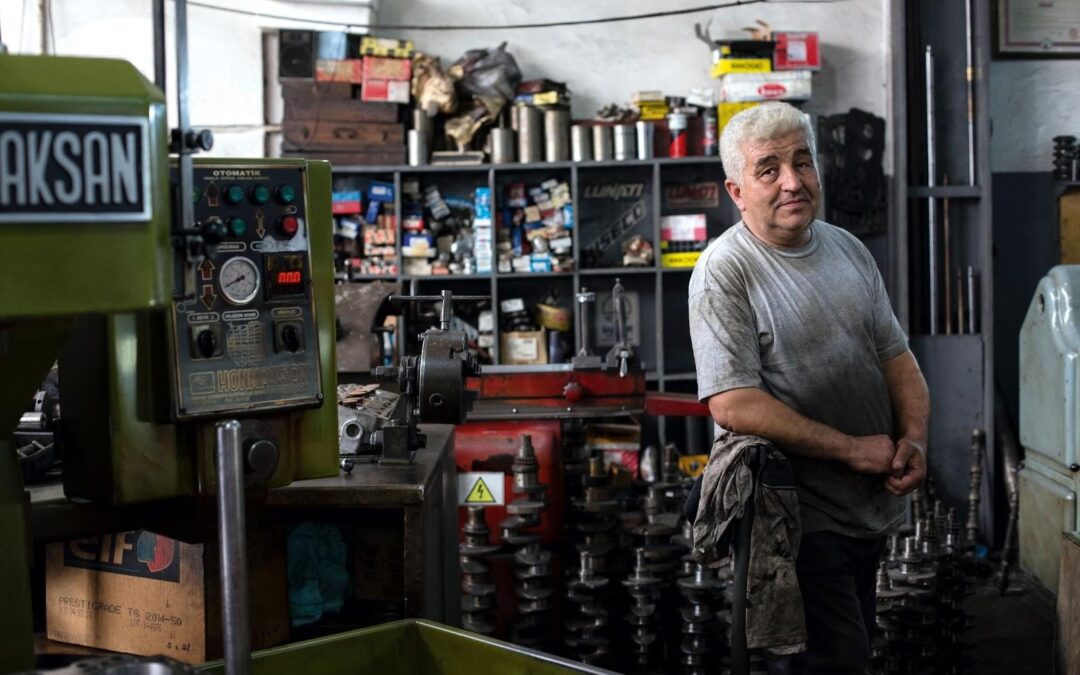About 8 in 10 companies in the United States acquire some form of financing when getting new equipment. These individuals and groups get this financing through lines of credit, leases, and loans to help them improve operations in different aspects of their businesses.
You may want to access new technology or preserve your cash to keep your business safe from unprecedented expenses. However, knowing your way around the equipment loan essentials is prudent.
Purchasing equipment isn’t child’s play for most companies. Financial constraints can impede imminent upgrades and sometimes leave huge financial dents if you acquire them from your liquid cash. You can receive a much-needed loan to finance your equipment purchase process, so learning about your loan’s interest rates is prudent.
This article will take you through the essentials of equipment loan interest rates to acquaint you better.
Understanding Equipment Financing
Companies that want to upgrade their equipment to streamline operations may desist from using their solidly available cash to avoid facing difficulties during uncertainties. Others may consider getting equipment financing to maintain their balances and acquire every target item.
Altogether, borrowers receiving equipment can use them as collateral for the loan. Lenders use specific criteria for risk to determine the equipment loan rates they should offer to loan borrowers, which should always be at the back of your mind.
The 7 Equipment Loan Interest Rate Essentials
If you’re about to acquire an equipment financing loan, it’s only reasonable to understand the essential interest rates to make a more informed decision. Various aspects that determine these rates include the following:
-
Credit Score
During your equipment loan vetting, your lender will scrutinize your credit score before determining the relevant rates that suit you. A credit score captures and summarizes your payment history and how you’ve handled your credit accounts and provides a matching score.
Lenders have the liberty to decide the rates they can charge you. A standard credit score of between 500 and 600—which most lenders stick with—can guarantee standard interest rates. However, interest rates vary proportionally, with higher credit scores fetching lower and lower rates attracting higher rates.
-
Business Uptime
The longer you’ve been in business, the higher the chances are that equipment loan lenders will trust you. That directly impacts their decision to offer interest rates that split the risk. Your Federal Tax Identification Number (TIN) identifies how long your business has legally operated.
Having operated for an extended period, your chances of acquiring credit and lower interest rates can be incredibly high. That’s because equipment finance lenders trust businesses with a track record of at least two years for more competitive financing options.
Please note that there’s still a chance of acquiring credit with lower interest rates if you haven’t been around in business for this minimum period.
-
Loan Structure
How you want your equipment loan structured plays a vital part in determining the interest rates you’ll get. Longer loan terms attract higher interest rates since they offer extended payment periods. Conversely, your equipment loan interest rate can be lower if your payment term is shorter.
Moreover, your loan amount sculpts the interest rate terms significantly. Most equipment finance lenders charge a high-interest rate for lower loan amounts; the opposite is true as they offer inverse rates for higher credit. A combination of both—higher loan amount and shorter repayment time—typically results in a lower equipment financing interest rate.
-
Loan Repayment Ability
Equipment loan lenders require solid assurances that you’ll honor your payment on time. Unsurprisingly, they’d need you to provide your bank statements as proof of income and other financial documents that determine your propensity to repay your loan.
Banks and business lines of credit lenders will offer more competitive repayment terms and lower interest rates if they believe you won’t default. Your business finance broker can negotiate the best interest rates if your company can prove to have worked under any financial breach.
-
New and Second-Hand Equipment
Lenders want to avoid the risk of second-hand equipment obtained since they can be more prone to damage than new ones. Brand new equipment can be of service for the long haul, meaning lenders can finance them without worrying about losing their money.
It goes without saying that the higher the quality of every item you want to get, the lower the interest rate. Since second-hand and old equipment may not be reliable enough and the possibility of serving you in the short term can be high, lenders won’t risk offering low interest rates.
-
Property Ownership
You can be in a much better position to acquire suitable equipment finance interest rates if you own a property. Lenders want loan borrowers who can promise the chance to pay back despite proving it through every financial record. Property ownership isn’t primarily a prerequisite for acquiring finance. Still, it can get you on higher ground, tipping the balance in your favor during interest negotiation rates.
-
Market Conditions
The financial market isn’t fixed, and it changes constantly. That means today’s interest rates on equipment finance may not be similar to the next day’s and could vary by going up or down. Remember, most lenders hinge on the Central Bank’s financial policies as a base point to set up their loan interest rate policies to lenders.
Please be on the lookout to time your loan requests when the interest rate trends are favorable. That’ll enable you to secure equipment financing at more suitable interest rates.
Conclusion
It’s vital that you understand every detail about your equipment loan interest rates and how lenders determine them. A lower interest rate can be more favorable, so it always helps to target them. These interest rates can help you get the most value from your newly acquired business loans.

